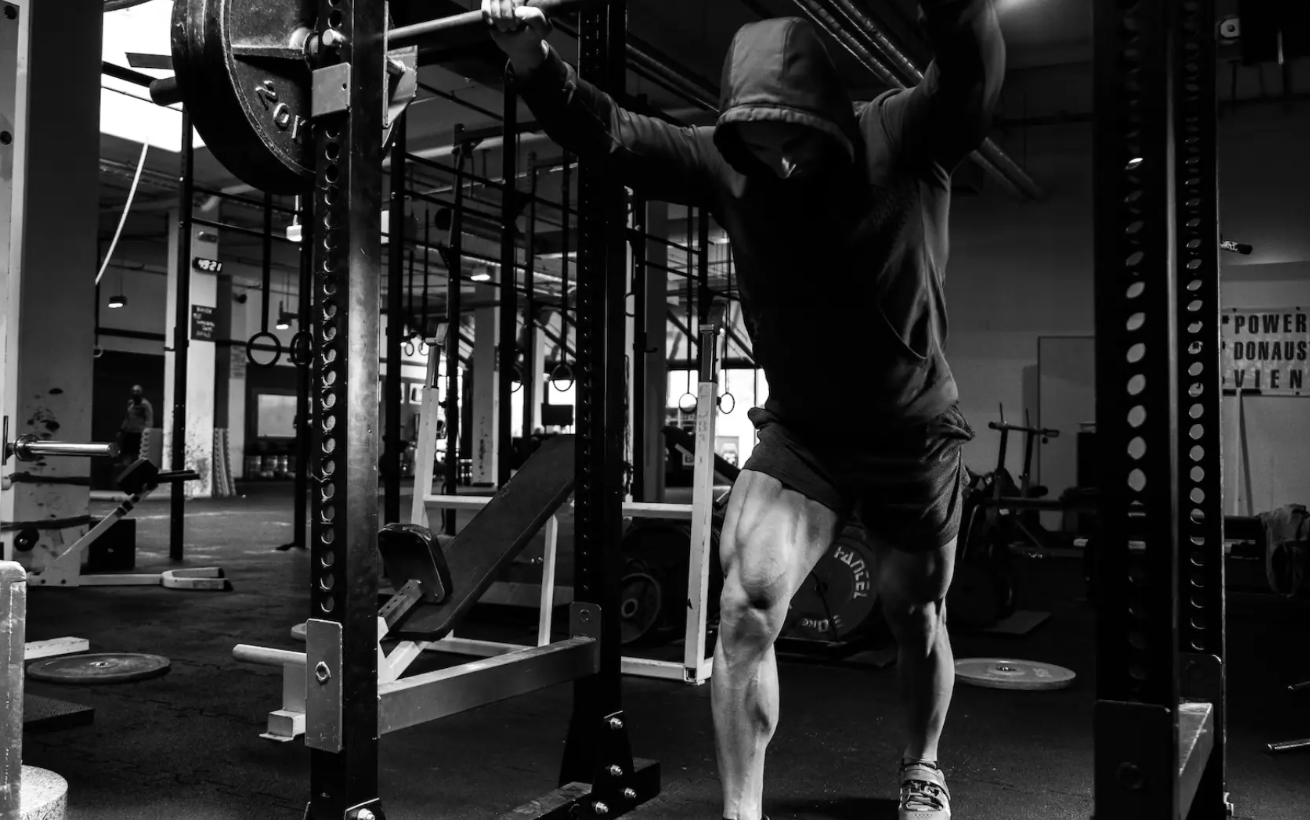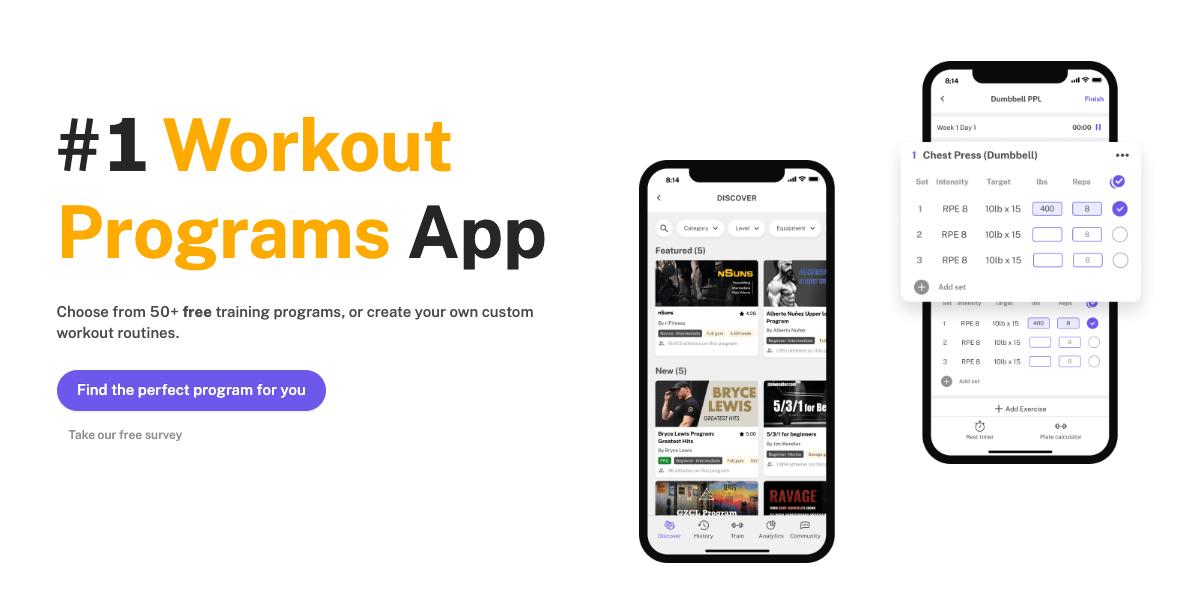Does Bodybuilding Training Help Powerlifting Performance?
Written by The Boostcamp Editors
Does training for bodybuilding help training for powerlifting?
When it comes to powerlifting training, there are many differences from bodybuilding training. If you are someone that is training for a bodybuilding show, chances are you are doing higher volume workouts with more intensity and a greater focus accessory movements than compounds. This is due to the fact that you are trying to look a certain way, rather than be strong. On the other hand, when it comes to powerlifting, you are training to hit heavy one rep maxes on the big three compound movements. This is because when you train for bodybuilding it is aimed at hypertrophy, getting specific stimulation to muscles to force them to grow and look more aesthetically pleasing, rather than trying to get stronger on select lifts. However, could bodybuilding training help to improve powerlifting performance?
This was a topic that came up on the Boostcamp Podcast, when Boostcamp’s Michael Liu sat down with Bryce Lewis, who has performed in both bodybuilding and powerlifting. The two discussed several topics, but one that truly stood out was whether or not powerlifting training could benefit from bodybuilding training.
Let’s break it down.
Bodybuilding Training Overview

Bodybuilding training puts a large emphasis on hypertrophic movements, as the goal is to increase the amount of muscle mass and definition on the body. In bodybuilding training programs you tend to see higher volume sets, with the rep ranges typically being in the 8-12 reps per set, or even to failure. Take a look at Geoff Verity Schofield’s RAVAGE program if you are looking for a good bodybuilding training regimen.
Powerlifting Training Overview
On the other hand, powerlifting training is aimed more at strengthening the big three compound lifts, being the barbell squat, the barbell bench press, and the deadlift. You do not typically see sets to failure, or high volume work, or even that many accessory lifts on a powerlifting training program. There are certain accessory lifts that will be used to strengthen the muscles used in compound lifts, such as tricep workouts to help strengthen the bench press, but the emphasis is placed on the compound movements.
Will Bodybuilding Training Help Powerlifting Performance?

Now, this is a question that many people have asked, especially with bodybuilders like Ronnie Coleman, who competed in powerlifting then went on to win 8 Mr. Olympia titles. Clearly, powerlifting training had helped him in his bodybuilding career, building up the dense muscle mass and strength, but does something like that go both ways? Can bodybuilding help with powerlifting performance? Let’s see what Bryce Lewis had to say.
Where the Needle Falls
Bryce Lewis said that bodybuilding does not particularly care how much weight you are putting on the barbell, but rather the stimulation to certain muscle groups, so you are using the weights to do that. He then states that on the other hand, with the powerlifting training, it is all about how good you can be in certain lifts (squatting, benching, deadlifting).
What he points out is that you do not see powerlifting programs with a lot of emphasis on the accessory movements. That being said, sometimes things will get left off the table with powerlifting training. For example, if something is classified as a squat, bench, or deadlift movement, you will have very few accessory movements that focus on specific things, rather than a wider variety of exercises that you can do after your main lifts.
Importance of Accessories
Accessory movements are crucial for progressing in powerlifting, as powerlifting focuses on the compound movements that recruit several muscle groups. For example, a squat utilizes the quads, hamstrings, and glutes, and Bryce Lewis mentions this. He states that doing isolation exercises for these muscles help to contribute to more well-rounded muscle development over time, which would help your powerlifting career.
Michael brings up the point that this is a long term vision then, and Bryce agrees, stating that adding in more muscle mass helps strength athletes over time, and his coach, Eric Helms, would agree with that. He goes on to say that you could incorporate more bodybuilding-style training to create muscle over time, such as higher volume, more accessories, and so on. The bottom line is that muscle moves weight.
Powerlifting vs. Bodybuilding Training
Michael asks a question regarding deadlifts specifically, inquiring if using deadlifts for hypertrophy vs. gaining maximum strength requires any differences in technique. Obviously there are benefits to the muscle maturity you acquire through compounds depending on what you are training for, but how does technique have to change? Bryce’s response to this is that if you focus on one thing, your skills will increase in that area, as you are getting more exposure to it. Your body will automatically figure out how to improve at that one skill.
Bryce says that if you are a bodybuilder using the deadlift, then perhaps there needs to be a blend of heavy movements as well as a little more volume with a little less weight to build up the muscle mass.
On the other hand, when it comes to maximizing the weight you use for performance is a rules governed movement. This applies if you are competing in powerlifting, as each federation has different rules that define a “good lift” or “no lift”. That being said, when you are training with this style, then you have to train as if you were competing, so you are ready to abide by the rules when the time comes for you to step on the platform.
Finding a Happy Medium
If your goal is both strength and size, then finding a program that caters to that is ideal. This is called “Powerbuilding”, and incorporates a great balance of compound movements and isolation movements. Aside from that, there is a good mix of heavy sets and higher volume sets, to really build up strength and muscle mass.
Boostcamp

If you are looking for more programs to build up your physique and step on the bodybuilding stage, or looking for a program to gear up for the powerlifting platform, or even trying to find both, then Boostcamp is your final stop on this journey. Boostcamp is home to over 50 free programs written by renowned coaches. You can also build custom routines, track workouts, and measure analytics.
Give it a try!
Wrap Up
Overall, the age old question of whether or not bodybuilding training helps powerlifting training comes down to a simple “yes”. If you are looking to fine tune and strengthen your weak points that can transfer over to the heavy compounds, then incorporating some bodybuilding work into your powerlifting program is the way to go.
For finding the best training routines, check out the Boostcamp App, where you can choose from over 50 free training programs or even create your own. Boostcamp also allows you to track progress, so you know how to adjust each week.
Be sure to follow Boostcamp on Instagram and subscribe on YouTube!


